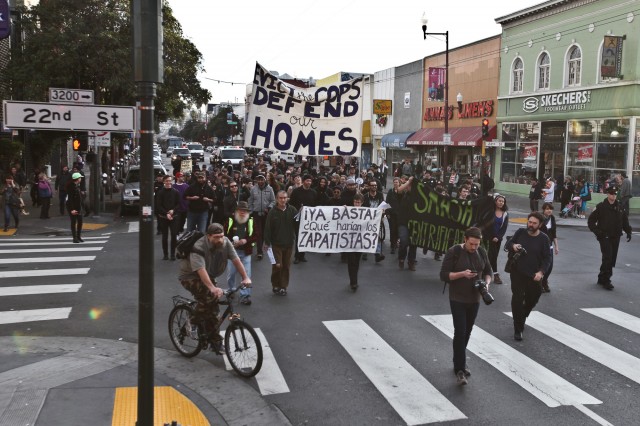Her term for this, gentrification, soon spread to other major English-speaking metropolises as similar neighborhood shifts occurred.
Unsurprisingly, this term finds its roots in the word gentry, a broad term that could refer to any high-born gentleperson, including members of the aristocracy. But when Glass coined gentrification, she was tapping into a specific British class sense of gentry: the class below the nobility.
The members of this class, sometimes called the landed gentry, were generally wealthy landowners who supported themselves with the rent of their tenants and cuts of their tenant farmers’ earnings. The gentry were also expected to govern over their land, acting as local magistrates and general caretakers of their tenants.
Long before Glass described this phenomenon, class struggles conflicted with population movement in and around London. Issues arose in the early 18th century because a population boom in London changed the culture of the surrounding rural communities.
Higher demand for crops required farmers to increase productivity if they wanted to stay competitive. In this economic landscape, the farmers with larger operations reigned supreme, pushing out their poorer counterparts. The prosperity of the gentry was, in many ways, directly related to that of their tenants.
Many centuries later and thousands of miles away, gentrification is still a mutating part of a growing city. This ubiquitous phenomenon has since spun off other related terms, including hyper-gentrification, super-gentrification, third-wave gentrification, yuppification, West Egg-ification, the playful aristocratization and the more neutral regeneration. With no resolution in sight, the term gentrification is unlikely to fall into obscurity anytime soon.
Jane Solomon is a lexicographer at Dictionary.com.
